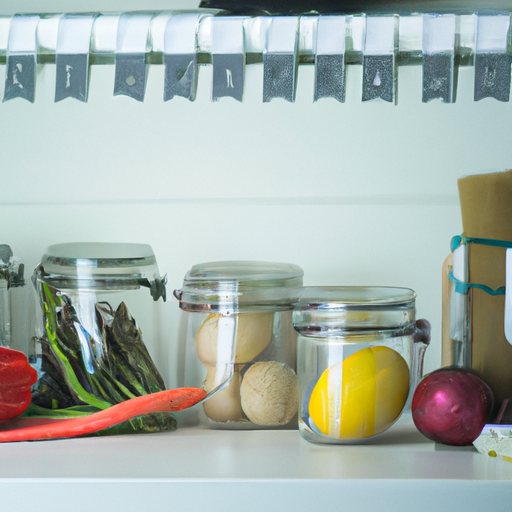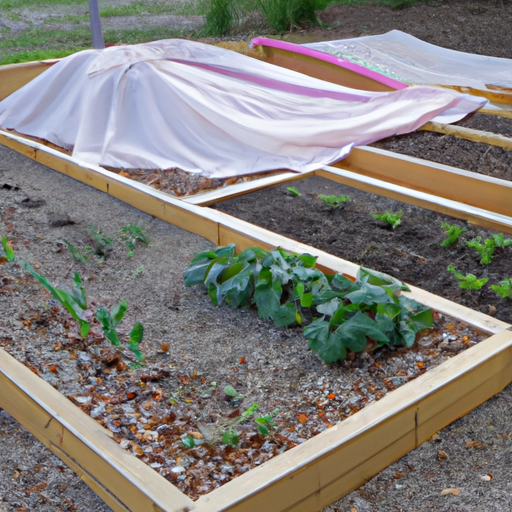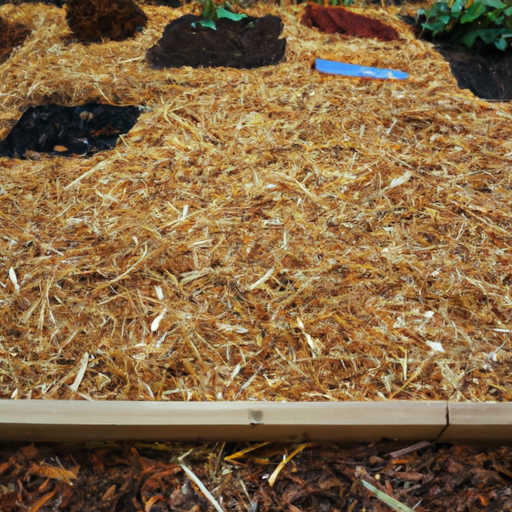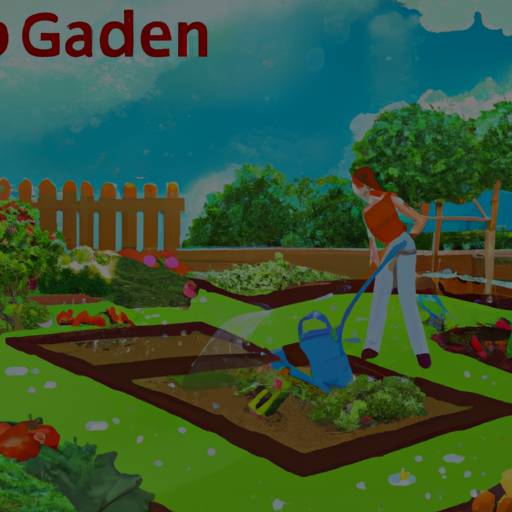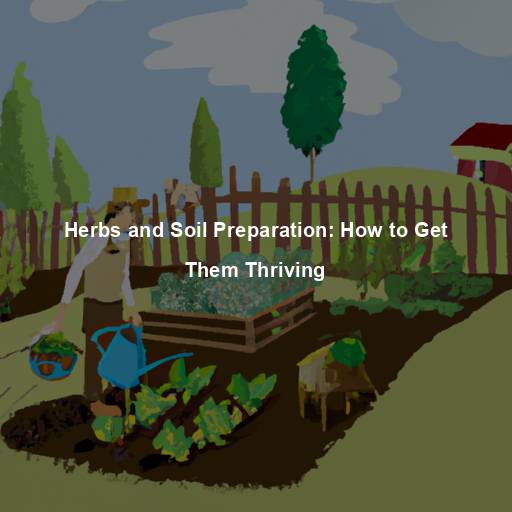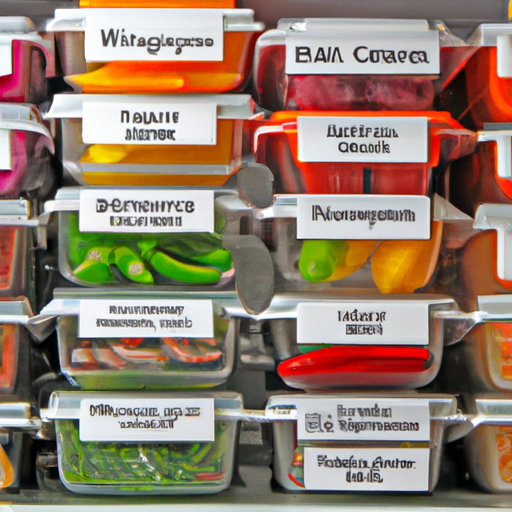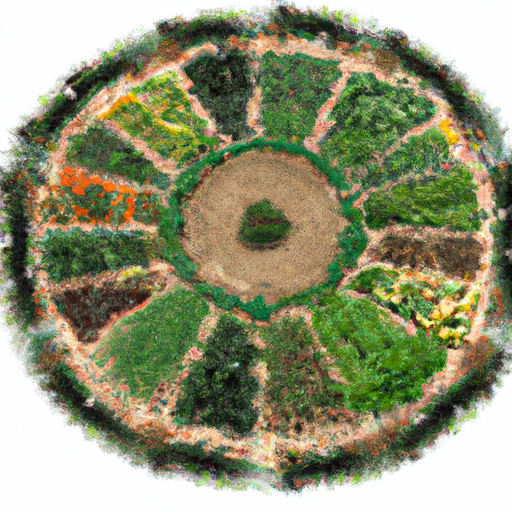As a Master Gardener and avid organic produce enthusiast, I know firsthand the importance of proper storage for maintaining freshness and preserving the flavor of fruits and vegetables. With so many different types of containers on the market, it can be overwhelming to choose which one is best suited for your specific needs.
In this article, we will explore the top containers for storing organic produce based on their effectiveness in retaining moisture levels, preventing spoilage, and extending shelf life.
Whether you are an experienced gardener or simply looking to make better use of your fresh produce purchases, these tips will help ensure that you get the most out of your fruits and veggies while minimizing waste.
Importance Of Proper Storage For Organic Produce
As a Master Gardener, I cannot stress enough the importance of proper storage for organic produce.
Not only does it help preserve the nutritional benefits of the produce, but it also impacts its taste and overall quality.
Improper storage can lead to premature spoilage, mold growth, and loss of flavor.
It is essential to keep in mind that organic produce lacks synthetic preservatives, making them more susceptible to decay if stored incorrectly.
Therefore, investing in high-quality containers specifically designed for storing organic produce is crucial.
By doing so, you ensure that your hard-earned money spent on purchasing these healthy fruits and vegetables will not go to waste due to improper storage techniques.
Factors To Consider When Choosing A Container
When it comes to choosing a container for your organic produce, there are several factors that you should consider.
First and foremost, eco-friendly options are the way to go. Not only will they help reduce waste in landfills, but also they’ll be kinder on our planet’s natural resources.
Aesthetics and design matter too because you want your containers to look good while keeping everything fresh. Consider using glass jars or ceramic containers with lids to add a touch of sophistication to your kitchen décor.
Don’t forget about functionality though – choose containers that are easy to store, stackable, and have tight-fitting lids.
By taking all these factors into account, you can find the perfect containers that not only keep your organic produce fresh but also fit seamlessly into your lifestyle.
Top Container Options For Fruits And Vegetables
When it comes to storing fruits and vegetables, there are a variety of container options available. Two popular choices among gardeners are Mason jars and silicone bags.
Mason jars work well for smaller items like berries or cherry tomatoes, while larger produce such as cucumbers or peppers may require a bigger storage option.
Silicone bags can be an excellent choice for those who want to reduce their plastic usage while keeping their fruits and veggies fresh. They come in various sizes and can easily fit into any refrigerator drawer or shelf.
It’s important to remember that no matter which container you choose, make sure the produce is dry before placing it inside to prevent mold growth. Additionally, keep in mind that some types of produce should not be stored together due to ethylene gas release – so always do your research before packing them away!
Tips For Maximizing Freshness And Shelf Life
Imagine your produce as a delicate flower, needing the right environment to thrive and bloom. Just like how different flowers have specific needs for sunlight and water, each type of organic produce has its own requirements for storage.
As Master Gardeners, we know that maximizing freshness and shelf life is essential for getting the most out of your bountiful harvest. To ensure that your fruits and veggies stay fresh longer, try implementing DIY storage hacks such as using breathable bags or creating a vegetable crisper drawer.
Additionally, seasonal produce rotation can help prevent spoilage by utilizing older items first before they go bad. By taking these simple steps, you’ll be able to enjoy your farm-fresh produce for weeks to come without worrying about waste or loss of flavor.
Reducing Waste And Saving Money With Proper Storage
Reducing spoilage and saving money are essential considerations for any gardener. Proper storage of organic produce can help accomplish both goals.
Eco-friendly options such as reusable containers made from materials like glass or silicone can reduce waste and be more economical in the long run. These types of containers keep produce fresher by allowing airflow and preventing moisture buildup, which reduces spoilage.
Additionally, storing fruits and vegetables separately can also extend their life by preventing ethylene gas produced by some fruits from affecting others.
With these simple tips, gardeners can save money while reducing waste and enjoying fresh organic produce for longer periods of time.
Frequently Asked Questions
How Do I Know If My Produce Is Truly Organic?
Now, I know what you might be thinking: how can I really be sure that the produce I’m buying is truly organic?
Well, let’s start with the basics.
When a product has been certified as ‘organic,’ it means that it meets specific standards set by the USDA regarding how it was grown and harvested.
These requirements include things like using natural fertilizers and pest control methods instead of synthetic ones, not using genetically modified organisms (GMOs), and following strict labeling requirements.
So when you’re shopping for organic produce, look for products that have been certified by an accredited third-party organization and labeled accordingly.
This way, you’ll know that your fruits and veggies are truly organic and have met all of the necessary criteria to earn that label.
Can I Store Different Types Of Produce Together In The Same Container?
Can you mix different types of produce together in the same storage space? Yes and no.
Some fruits and vegetables emit ethylene gas, which can cause nearby produce to ripen and spoil faster. For example, apples give off a lot of ethylene gas while strawberries are very sensitive to it. It’s best to store these two fruits separately.
Other produce items like carrots, cucumbers, and lettuce can be stored together without any issues.
Just make sure your container is large enough to accommodate everything comfortably without crushing or bruising your veggies!
Is It Necessary To Wash My Produce Before Storing It?
Hey there, fellow green thumbs!
If you’re wondering whether it’s necessary to wash your produce before storing it, the answer is a resounding YES.
It’s crucial to give your fruits and veggies a good rinse before putting them away as they may carry bacteria or pesticides that can spoil other items in the same container.
Moreover, some types of produce should not be stored together because they emit ethylene gas which speeds up ripening and can cause nearby items to spoil prematurely.
So remember: always wash your produce and keep incompatible types apart to maximize their shelf life and flavor.
Happy gardening!
How Long Can I Realistically Expect My Organic Produce To Stay Fresh?
As a Master Gardener, I understand the importance of keeping organic produce fresh for as long as possible. To extend the freshness of your fruits and vegetables, it’s essential to follow some useful tips.
First, store them at their ideal temperature conditions; this means placing leafy greens in the fridge while storing root vegetables like potatoes and carrots in a cool, dry place.
Secondly, avoid washing your produce before storage as moisture can cause spoilage.
Finally, keep an eye out for any signs of decay or mold and remove affected items immediately to prevent further contamination.
By following these simple tips for extending freshness, you’ll be able to enjoy your organic produce longer without having to worry about wasting food or money.
Are There Any Containers That Are Specifically Designed For Certain Types Of Produce?
Looking for specialized containers that are specifically designed to store certain types of produce? Look no further!
There are a variety of material options available, including plastic, glass, and ceramic. Plastic containers are lightweight and easy to clean, while glass is durable and doesn’t absorb odors like plastic can. Ceramic containers provide a more natural look and feel but may not be as practical for everyday use.
When it comes to specialized containers, consider investing in one that is designed specifically for the type of produce you frequently purchase – some examples include lettuce keepers or berry baskets.
By using the right container for your produce, you can help extend its shelf life and reduce food waste in your home.
Conclusion
In conclusion, as a Master Gardener, I highly recommend using the right containers for storing your organic produce. Not only will it help keep your fruits and vegetables fresh for longer periods of time, but it can also enhance their taste and nutritional value.
According to recent studies, around 25% of organic produce is lost due to improper storage methods. This statistic is staggering and emphasizes the importance of proper container usage.
By choosing containers that are specifically designed for certain types of produce, washing them before storing them, and keeping different types separated in their own containers, you can ensure that your organic produce stays fresh and delicious for extended periods of time.
Remember, good storage practices can make all the difference when it comes to enjoying healthy and flavorful foods. With these tips in mind, you’ll be well on your way to an abundant harvest all year round!
